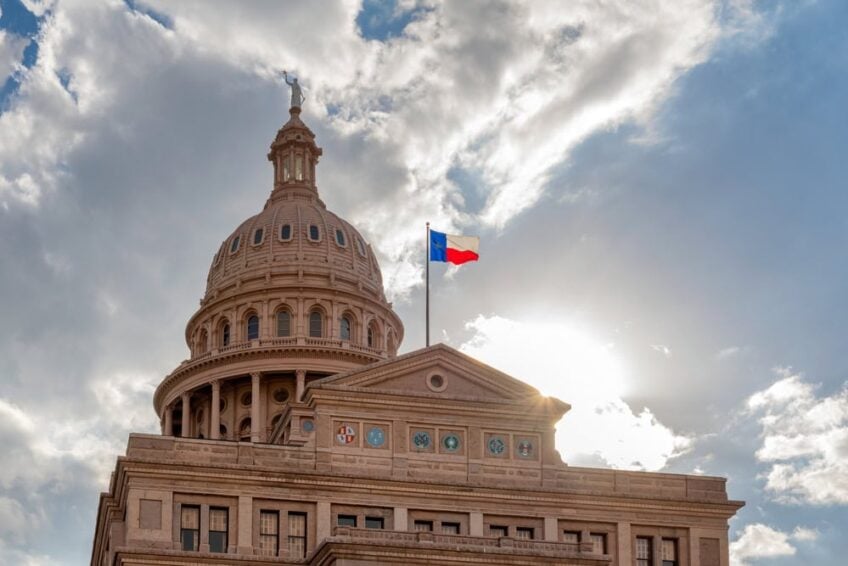Free Speech Concerns with Legislation Regulating Use of AI
Instead of stifling freedom of expression, states can work constructively with Congress to fulfill President Trump’s vision for a Golden Age of AI innovation in America.
As artificial intelligence (AI) and machine learning tools continue to grow in popularity, state and federal legislators are still determining the proper policy response that protects Americans from tangible threats while preserving fundamental rights online.
One such problem, the proliferation of illegal so-called “deepfake” images and videos to manipulate content or impersonate individuals, is particularly concerning because of threats to children and potential impacts on elections. Although there may be good intentions to protect the public from harm, some of the suggested legislative fixes overstep constitutional boundaries and would unnecessarily curb the lawful online speech of Americans.
For instance, a recent proposal in the Texas House of Representatives sparked discussion on the appropriate regulation of artificial intelligence in election communications.
Texas HB 366 would have required disclosure of the use of AI in political advertisements and make publishing an ad using AI knowingly without this disclosure a criminal offense. Although the legislation passed the Texas House earlier this year, it ultimately stalled in the Senate and did not become law in the 2025 regular legislative session.
If enacted, HB 366 would have applied to officeholders, candidates, or political committees that spent over $100 during a reporting period on political advertising. Those found guilty could face up to one year in jail.
Critics argued the bill was too vague and could lead to Americans being jailed for posting political memes. They said the low $100 threshold would have allowed for many Texans engaging in political discourse online to be subject to this law. The bill also contained no exceptions for satire, creating fear that the law could be weaponized against everyday Americans for expressing their political opinions through memes.
While it is important for voters to know what information has been artificially generated or manipulated, lawmakers should be cautious when legislating AI to make sure their policies cannot be used to suppress legal speech.
Texas is not the first state to consider such a bill. Since 2019, at least 25 states have enacted new laws related to the use of AI in political advertisements. However, the effectiveness of these laws is dubious.
A 2024 report published by NYU’s Center on Technology Policy found that mandatory AI disclaimers on campaign ads have counterproductive effects and may not reliably increase trust in political communication. NYU’s research revealed that political candidates are rated as less trustworthy, less appealing, and less accurate when mandatory AI disclaimers are displayed—whether the use of AI is intentionally deceptive or is a more harmless application of generative AI.
These laws also faced strong headwinds in the courts on First Amendment grounds. One California law that prohibits “materially deceptive” media about a candidate within 60 days of an election was halted in U.S. District Court late last year. Judge John Mendez of the Eastern District of California ruled that AB 2839 “acts as a hammer instead of a scalpel, serving as a blunt tool that hinders humorous expression and unconstitutionally stifles the free and unfettered exchange of ideas which is so vital to democratic debate.”
Instead of stifling freedom of expression, states can work constructively with Congress to fulfill President Trump’s vision for a Golden Age of AI innovation in America. For more of ALEC’s policy solutions on free speech and AI, look to Essential Policy Solutions for 2025.

